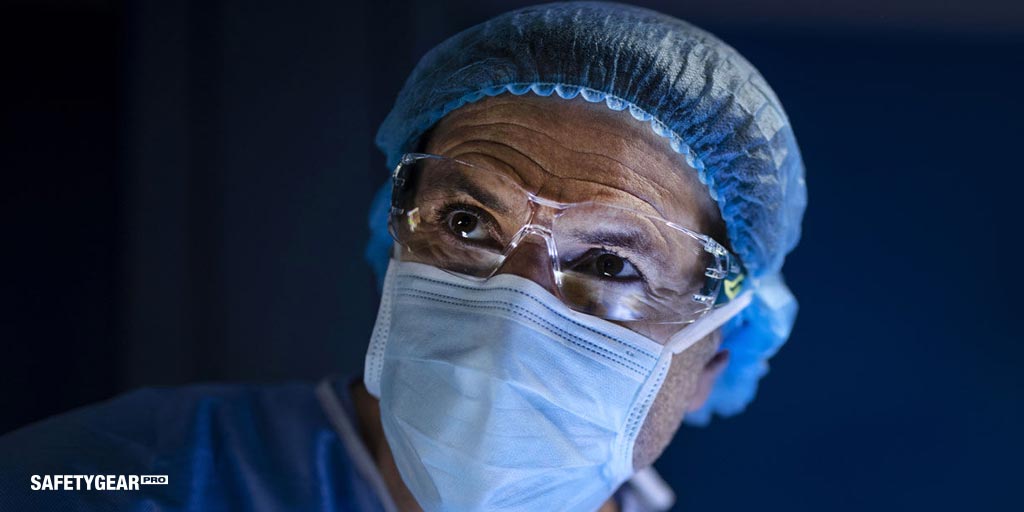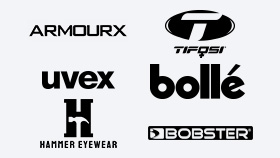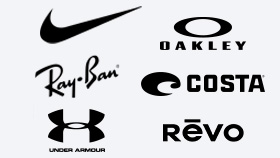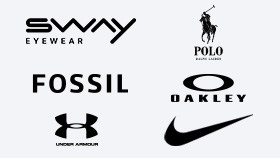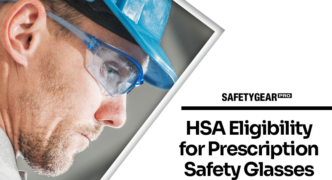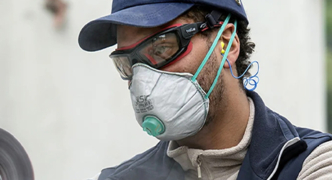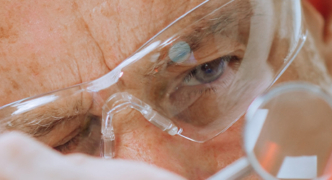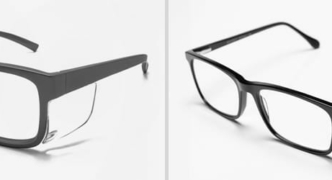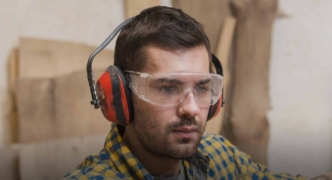Why Medical Eye Protection Is Crucial for Surgeons

Surgeons rely on their senses when they are in the operating room, and eyesight is of critical importance. The surgeon must have clear, unobstructed vision during a surgical procedure. However, safety in the OR is also non-negotiable. Surgeons and other medical professionals must preserve their personal safety while they provide the best care to their patients. Appropriate eye protection is crucial.
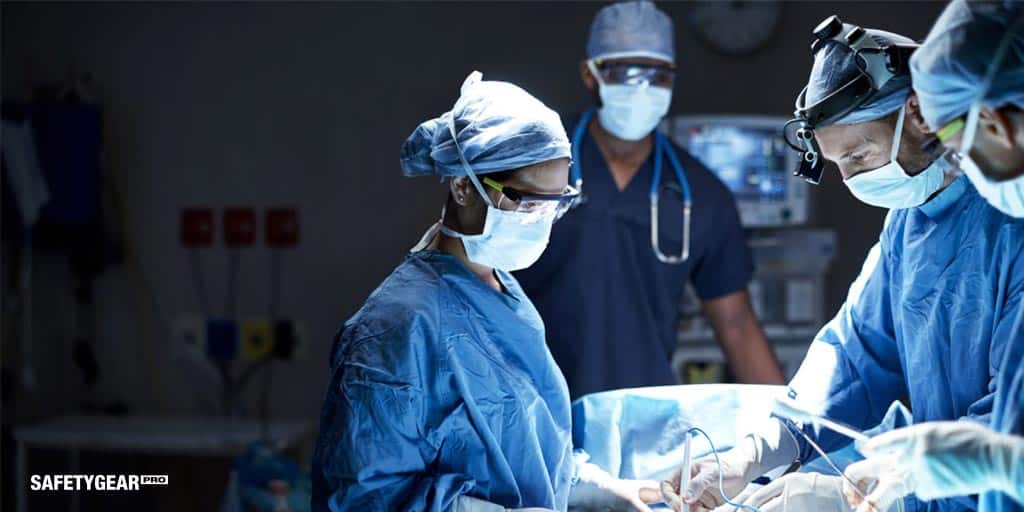
The Importance of Goggles During Surgery
According to the Occupational Safety and Health Administration, more than 1,000 eye injuries occur in the workplace each day. Two of the main reasons for eye injury are:
- Failure to wear protective eye equipment
- Failure to use the correct eye equipment for the job being performed
A Bureau of Labor Statistics survey revealed that three out of five injured workers were not wearing protective eye equipment at the time of their injury.
Surgeons face many risks to their eyes while on the job. Surgical procedures expose them to blood, mucous and other bodily fluids. These liquids can contain pathogens that pose a risk if they enter the eye. Studies show that depending on the procedure, surgeons can have splashes on their safety goggles 45% to 79% of the time.
Another risk for surgeons is projectiles entering the eye. Power tools can cause bone fragments to fly through the air, especially during orthopedic procedures. Surgeons need to be aware of the risks to their eyes and wear goggles with impact resistance.
Choosing Not To Wear PPE: A Risky Decision
Despite the availability of personal eye protection and the risk of going without it, many surgeons do not wear proper eye PPE during surgery. The reasons vary, but some of the reasons they give include:
- They have not developed the routine of wearing medical goggles
- They wore models that were not anti-fogging
- Their PPE was uncomfortable
- The goggles weren’t designed to fit over prescription glasses
Medical-Use Goggles To Overcome Objections
Fortunately, there are many styles of goggles that can overcome these problems. Surgeons can choose eye PPE with built-in comfort features, anti-fogging lenses, and designs that fit over prescription glasses. In some cases, surgeons can find prescription goggles so that they don’t have to wear their everyday glasses into surgery.
Unlike regular glasses, goggles are designed to protect the eye area completely. Many styles of everyday eyewear have small lenses and frames that offer very little, if any, protection from splashes and projectiles. Regular glasses are also open on the sides, exposing much of the eye area.
Goggles wrap around to cover the eye from the front and sides. Many styles have a foam gasket that forms a seal around the eye, creating a tight-fitting area for the ultimate protection from fluids and pathogens. In addition, ANSI Z87.1 goggles have appropriate impact protection to keep surgeons safe from dangerous projectiles.
FAQs
What Eye PPE Is Worn in the Medical Field?
The American National Standards Institute provides uniform guidelines and testing standards for a range of workplace products. The ANSI Z87.1 rating is appropriate for medical use. Goggles that meet this rating protect from liquid splashes, impact and non-ionizing radiation that people in the medical profession may encounter.
Why Are Goggles Important To Wear During Surgery?
Surgeons and medical professionals are exposed to various pathogens during surgery. Viruses and bacteria can enter the conjunctiva of the eye. Power tools used during surgery can also expose medical professionals to projectiles. Goggles add a layer of protection from these hazards.
What About Prescription Goggles?
Prescription goggles are a good choice for surgeons who need vision correction. You won’t need to wear goggles on top of prescription glasses. Some styles are available with a limited range of prescriptions. You can check to see if your prescription is compatible with the goggles in which you are interested.
Where Can You Order Goggles for Medical Professionals?
We offer a range of goggles rated for use in the medical environment. Choose a style that is comfortable and provides the features you require. As you browse through various types, check the ANSI rating to see if it meets standards for the medical field.
What Should You Look For in a Pair of Goggles?
We sell many styles of goggles appropriate for the medical field. Look for the features you require, such as the appropriate ANSI rating. You can also choose specifications such as tinted lenses, head straps, side vents, UV protection, scratch-resistant coatings, flexible temples and more. Browse the Safety Gear Pro website today to find goggles that work for you.
